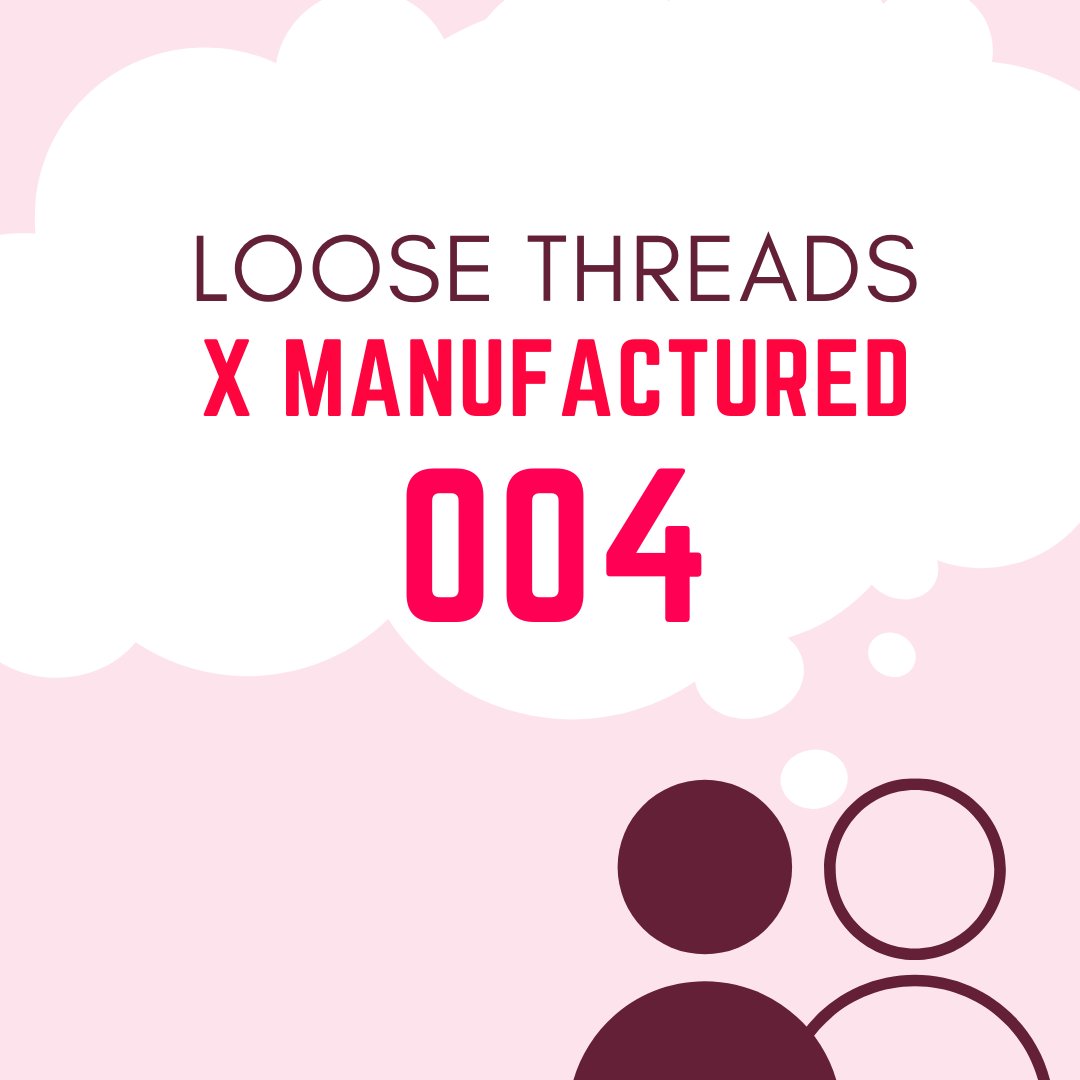This is part two of our conversation with Dr. Vidhura Ralapanawe. The conversation is co-hosted by Manufactured co-founder, Jessie Li. Vidhura is the Executive Vice President for Innovation & Sustainability at Epic Group and a Member of the Board of Directors at the Sustainable Apparel Coalition.
Epic Group is a manufacturer of woven topics and bottoms, denim, and most recently, knitwear. The company is headquartered in Hong Kong, and produces across Bangladesh and Ethiopia. Vidhura is based in Sri Lanka.
In part one we covered some big questions: Why is Vidhura uncomfortable with science-based targets? What would just transition in the fashion industry look like? And how can we talk about environmental targets in a way that’s sensitive to context, to the particular? He proposes an approach rooted in a principle he calls “equal but differentiated.” We chat about why he thinks the current model will fail to have the impact we so desperately want to have, and what gives him hope.
In this episode we shift to the firm level: Given the importance of context to environmental target setting, how does he approach his work at EPIC? How does he balance short term goals with the need to have a broader, bigger picture, conversation? What’s been their process for setting targets? And how are they working towards these?
Learn more about Epic Group.
Of Carrots, Sticks, Cats and Mice – Reflecting on the Compliance Regimes in the Apparel Industry by Dr. Vidhura Ralapanwe.
Explainer: Why ‘differentiation’ is key to unlocking Paris climate deal by Sophie Yeo and Simon Evans
Struggling to reconcile the industry’s need to set universal goals with sensitivity to the particular? As a scholar of human rights, I feel you. How to make universal ethical claims without steamrolling diversity? I’ve found Anna Tsing’s work very useful here and recommend reading her article Supply Chains and the Human Condition.

Did you know that it’s not only brands who have sustainability departments? Many manufacturers have sustainability departments, too. This week we are so fortunate...

Our last episode of Loose Threads addressed the question: “Why do suppliers subcontract?” We received on supplier response after the episode was released, which...

In part one of our conversation with Dr. Divya Jyoti, a lecturer at De Montfort University in Leicester, Divya tells us more about her...